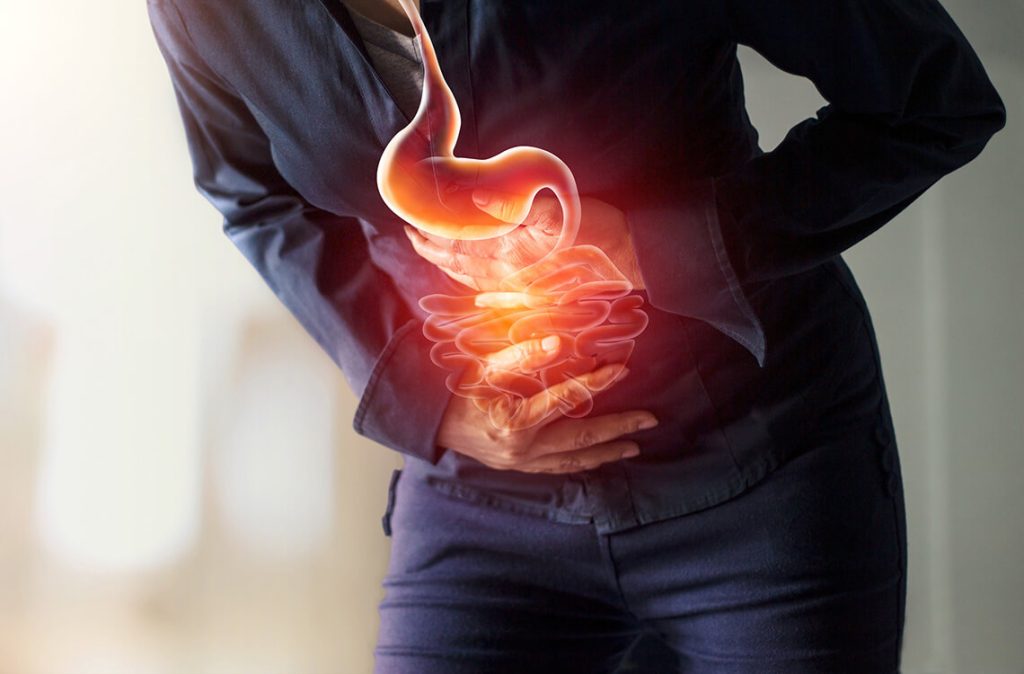Indigestion and heartburn are common side effects of being pregnant.
Ask any mum who has ever had a baby.
The burning pain, the discomfort.
Chances are they will tell you that they’ve had some form of indigestion or heartburn.
We had a chat with Nazatul Amira Hamzah from Primabumi Sdn Bhd, qualified pharmacist with 10 years of pharmaceutical experience, to learn more about indigestion and heartburn in pregnancy.
Q1: What do indigestion and heartburn mean?
Indigestion, which is also called dyspepsia, makes your stomach feel uncomfortable or painful.
On the other hand, heartburn feels like a burning pain in your stomach and chest, and it happens because of stomach acid.
Heartburn is like a burning feeling in your throat and chest when stuff from your stomach goes back up into the tube that carries food from your throat to your stomach.
Q2: What factors lead to indigestion and heartburn?
Hormonal Changes: During pregnancy, the hormone progesterone can make a valve in your stomach not close properly.
Also, pregnancy makes your body produce more stomach acid.
This can let the acid move up into your throat, causing something called acid reflux or heartburn.
It feels like a burning sensation in your throat and chest.
Growing Baby Pressure: As your baby grows, your belly gets crowded, and this can push stomach acids into your throat.
Q3: What are the symptoms of indigestion and heartburn?
You might be suffering from indigestion and heartburn if you experience one or more of these symptoms:
- A burning sensation or pain in the throat and chest
- Feeling full, heavy or bloated
- Burping or belching
- Feeling nauseous
- Vomiting
Q4: Is it common for pregnant mothers to experience heartburn and indigestion? At what stage does it usually become a concern?
Heartburn and indigestion are common among pregnant mothers, especially if you have been pregnant before or had indigestion before.
Q5: At what stage does it usually become a concern?
Indigestion issues normally start from week 27 onwards when the foetus is the heaviest but may appear at any time during pregnancy.
Q6: What can I do to prevent or reduce the risk of heartburn and indigestion?
Here are some important tips for making your diet and lifestyle better if you’re dealing with acid reflux:
- Eat a healthy, balanced diet.
- Have smaller meals more often, so your stomach has time to absorb nutrients.
- Drink liquids between meals, not during.
- Avoid foods and drinks that can make it worse, like citrus fruits, spicy foods, fried or greasy foods, caffeine, and fizzy drinks.
- Sit up straight when you eat to ease pressure on your stomach.
- Raise your head and shoulders when you sleep to stop stomach acid from coming up.
- Quit smoking, as it can lead to acid reflux and harm your baby’s health.
- Don’t drink alcohol at all, as it causes acid reflux and can harm both you and your baby in the long run.
Q7: My heartburn is messing with my appetite and interfering with my sleep. I’m afraid this will affect my baby’s health. What should I do?
Indigestion and heartburn won’t hurt your baby directly.
However, not eating well and not getting enough sleep can really affect your health and your baby’s growth.
So, try the tips we mentioned earlier to feel better.
Also, talk to your doctor about how to handle these problems so you and your baby can stay healthy.
Q8: Are there over-the-counter (OTC) medicines I can take to relieve my symptoms?
Yes, there are two types of over-the-counter (OTC) medicines that are safe during pregnancy and can be easily found at any pharmacy: antacids and alginates.
Antacids help by neutralising the acid in your stomach, which prevents it from harming the linings of your stomach and throat.
However, if you’re taking both antacids and iron supplements, don’t take them together because antacids can interfere with your body’s ability to absorb iron.
Alginates work differently; they create a protective layer on top of the stomach acid, keeping it from coming back up your throat.
You might only need to use antacids and alginates when you start feeling symptoms.
But your doctor might suggest using them before meals or bedtime to prevent symptoms from happening in the first place.
Q9: I have tried both antacids and alginates but none of them work. Help!
If antacids and alginates don’t work for you, your doctor or pharmacist might suggest trying famotidine tablets, either 20mg or 40mg.
These tablets help reduce the acid your stomach makes.
They’re in FDA Category B, which means they haven’t been shown to harm people.
You might need to take famotidine once or twice a day, depending on how bad your symptoms are.
Q10: Is it true that my indigestion issue might persist even after delivering my baby?
Indigestion and heartburn are common complaints for new moms after giving birth.
Usually, the levels of certain hormones start to go down within 24-48 hours after childbirth, which can help ease acid reflux.
But it might take longer for some moms to get back to their pre-pregnancy levels.
To avoid digestive problems after childbirth, make sure to drink enough water, get good sleep, and eat a healthy diet.
If you’re still having digestion issues more than six weeks after giving birth, talk to your doctor.
There could be an issue with your pelvic floor that’s causing the problem.
Source: Nazatul Amira Hamzah, Pharmacist at Primabumi Sdn Bhd
Disclaimer: The information provided in this article is for informational purposes only and should not be considered as medical advice from Motherhood. For any health-related concerns, it is advisable to consult with a qualified healthcare professional or medical practitioner.
For more insightful stories and fun recipes, stay tuned to Motherhood Story!
